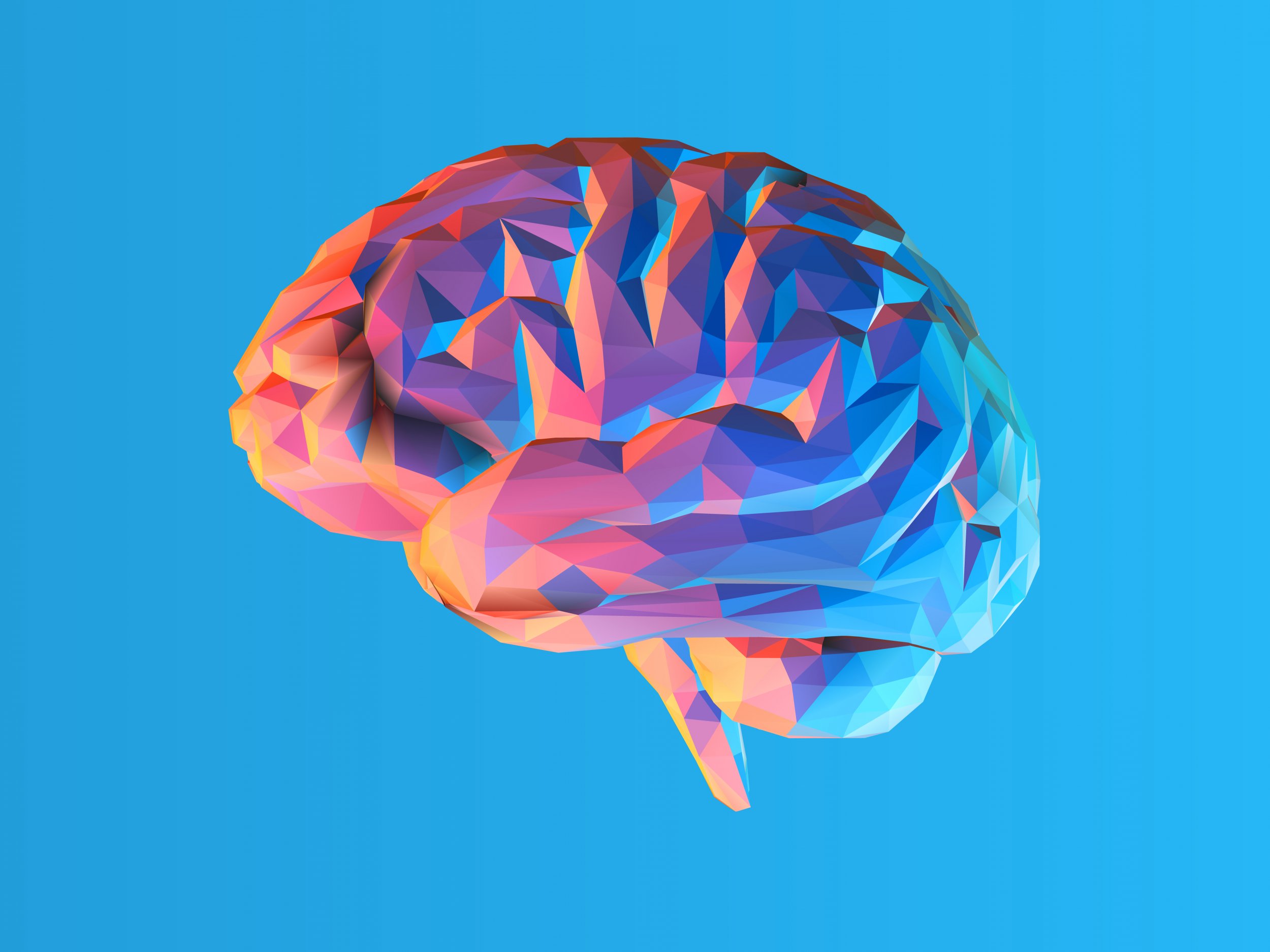
Scientists believe special brain cells could help us to develop and overcome fears, following a study on mice.
Exposure therapy, where a person repeatedly confronts a perceived threat until it no longer triggers anxiety, is a common method for tackling fears. For instance, working up to touching a spider could help to switch off that fear. However, even if we believe we've worked to put a fearful memory to the back of our mind for good, it can still return.
Scientists believe this is because the therapy simply creates a new memory that sits in the mind alongside the original fear. Also, how our brains favor the new memory (or extinction memory) over the original fear memory, and why this can suddenly swap, is not fully understood.
For a study published in the journal Nature Neuroscience, scientists scared mice inside a box to make the animals fear the environment. The researchers then performed a form of exposure therapy on the mice so they would no longer fear the box. Using special equipment to control the neurons in the mice's brains, the scientists turned the extinction neurons on and off.
The authors think exposure therapy dampens neurons that were at work when the fear memory was being created, while switching on extinction neurons to help provide a new perspective. When the scientists turned on the extinction neurons, fearful memories were suppressed. Conversely, the scary memories returned when the extinction neurons were not activated.
This could explain why exposure therapy can wear off, causing distressing images to return to the mind. However, as the experiments were carried out in rodents the results can't be directly related to humans—but they do provide clues as to how our brains work.
Interestingly, the scientists also noticed the neurons that keep fear at bay were located in the hippocampus—which helps to control our memory— rather than the amygdala, which is more commonly associated with being scared.
Dr. Michael Drew, senior author of the study and associate professor of neuroscience at the University of Texas at Austin, said in a statement: "Our paper demonstrates that the hippocampus generates memory traces of both fear and extinction, and competition between these hippocampal traces determines whether fear is expressed or suppressed."
He continued: "These kinds of studies can help us understand the potential cause of disorders, like anxiety and PTSD, and they can also help us understand potential treatments."
If the findings are expanded upon to eventually create new mental health treatments, such research could help large numbers of people. According to the National Institute of Mental Health, an estimated 9.1 percent of adults in the U.S. had a phobia in the past year. Also, some 40 million adults in the U.S. experience an anxiety disorder in any given year, the Anxiety and Depression Association of America states.
Last week, a separate team of neuroscientists published a paper that approached the study of fear from a different angle. It documented the experiences of a woman who barely feels fear, anxiety, or pain.
Researchers at University College London concluded Jo Cameron, from Scotland, had a genetic mutation that made her almost fearless and pain-free. The findings were published in the British Journal of Anaesthesia.
Uncommon Knowledge
Newsweek is committed to challenging conventional wisdom and finding connections in the search for common ground.
Newsweek is committed to challenging conventional wisdom and finding connections in the search for common ground.
About the writer
Kashmira Gander is Deputy Science Editor at Newsweek. Her interests include health, gender, LGBTQIA+ issues, human rights, subcultures, music, and lifestyle. Her ... Read more
To read how Newsweek uses AI as a newsroom tool, Click here.








